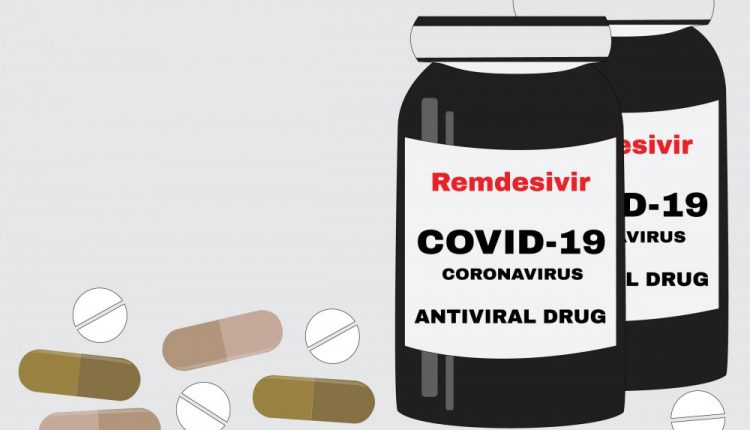New data on Gilead’s remdesivir – released by accident – shows it flops in first coronavirus clinical trial
Remdesivir developed by Gilead Sciences, a potential antiviral drug to treat coronavirus, has failed in its first randomised clinical trial, according to draft documents released accidentally by the World Health Organisation and seen by the Financial Times.
The clinical trial was conducted in China.
The trial did neither improve patients’ condition nor reduce the pathogen’s presence in the bloodstream, the documents showed.
Researchers studied 237 patients with coronavirus, giving the drug to 158 and comparing their progress with the remaining 79.
The drug also showed significant side effects in some, which meant 18 patients were taken off it, the Financial Times added.
The WHO said the draft document, which is undergoing peer review, was released early in error.
“In response to WHO asking for information and studies to be shared early, a draft document was provided by the authors to WHO and inadvertently posted on the website and taken down as soon as the mistake was noticed,” the Organisation said.
From its part, Gilead warned that the draft document included “inappropriate characterisations of the study”.
“Importantly, because this study was terminated early due to low enrolment, it was underpowered to enable statistically meaningful conclusions,” the drug firm said.
“As such, the study results are inconclusive, though trends in the data suggest a potential benefit for remdesivir, particularly among patients treated early in disease.”
To date, evidence from the use of Gilead’s remdesivir on treating the coronavirus had depended on studies that did not meet the robust scientific standards of being randomised and having a control arm.
There are multiple ongoing Phase 3 studies that are designed to provide the additional data needed to determine whether remdesivir is effective as a treatment for the coronavirus, The Financial Times reported.
These studies will help decide whom to treat, when to treat, and how long to treat with remdesivir. The studies are either fully enrolled for the primary analysis or on track to fully enrol in the near future.
“In this study of hospitalised adult patients with severe Covid-19 that was terminated prematurely, remdesivir was not associated with clinical or virological benefits,” the filing added.
The WHO collates ongoing trials for possible coronavirus interventions on a website titled “landscape analysis of candidate therapeutics for Covid-19.”
A previous version of this website, which contained five pages and a column called “outcomes,” is no longer available. The new one only has four pages and no “outcome” column.
Earlier this month, a study conducted in the New England Journal of Medicine referred to early positive results for remdesivir, with 68 percent of patients showing improvement on the drug. However, it was not an official study but rather the collation of data from patients who had been given the Gilead drug on a “compassionate use” basis — and was not compared to any control arm.
The scientists behind the study as well as Gilead warned at the time that it was not conclusive.
Nonetheless, there had been other positive signs too. According to a recent a U.S. National Institutes of Health animal study, the drug was effective at treating the disease in monkeys, when taken early in its progression.
Gilead originally developed remdesivir as a treatment for Ebola, where it showed promise in clinical trials at stopping the virus from replicating, but it has never been approved.


